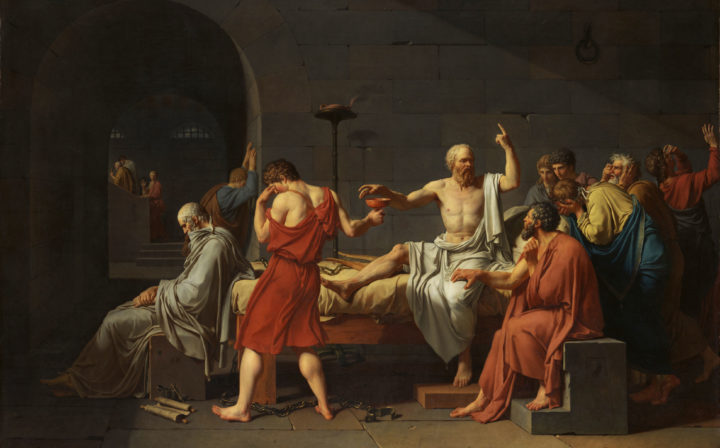Counterfactuals and how they change our view of what does good

Imagine you’re at the scene of an accident and you see an injured person. In your enthusiasm to help, you push the paramedics out of the way and perform CPR on the injured person yourself. You’re successful and bring them back to consciousness, but because you’re less well-trained than the paramedics, you cause permanent damage to the person’s spine. If you had let the paramedics perform CPR instead, the injured person would have made a full recovery. In this case, your tangible impact was to save their life, but your true impact compared to the counterfactual was to cause the person spinal damage.
This illustrates the idea that you can have a negative counterfactual impact, even while appearing to do good directly.
Carefully considering counterfactuals can have a big effect on the best ways to make a difference in your life and career.
For instance, if a charity fundraiser raises £1000, it may seem like their impact is the good that the charity can achieve with that £1000.
However, the total amount donated to charity is roughly constant as a fraction of GDP each year. This means that, most likely, if the fundraiser hadn’t raised that £1000, it would have eventually been given to another charity. So, the actual impact of the fundraiser is only positive if their charity is more cost-effective than the charity that would have received the money otherwise. Fundraisers for charities that are less cost-effective than average are likely having a negative impact.
We’ve also given the example of Scared Straight. It’s a major US government programme that appeared to make children less likely to commit crime. But when crime rates among those who went through the programme were compared to those who hadn’t, rates had decreased more slowly compared to the control group. This means the net effect was to increase crime.
In our advice, we aim to evaluate impact compared to the counterfactual. This is often very difficult, but we think it’s important to try.
We think the main implication of focusing more on counterfactuals is to focus on more neglected issues, career paths and strategies. In more crowded areas, it’s more likely someone else would have done what you did anyway soon afterwards, reducing your counterfactual impact.
For instance, one reason why becoming a clinical doctor is lower impact than it first seems is that there are already thousands of doctors.
You can make yourself less replaceable by using your position in a different way from the norm. For instance, if you become a journalist, you could aim to spend 10% of your time writing about neglected but important topics that someone in your shoes wouldn’t normally write about. Earning to give is another example. Almost any career can be turned into a high-impact one if you find ways to promote neglected causes.
Similarly, if you can find a role that’s a better personal fit, then you’ll be more productive than the person who would have replaced you, increasing your impact. (Though it can sometimes be worth taking a role where you’re not better than your replacement in order to free them up to do something else.) In contrast, if you get a role for non-merit based reasons, you’re making things worse.
Another implication is that it’s easier to set back a field than it first seems, because, for instance, if you start a new project, you also need to consider whether you might accidentally prevent someone else from setting up an even better version of it.
A final thought: thinking about counterfactuals shows that the good you achieve with your own hands is not what ultimately matters. What matters is that more good gets done, not that you do it yourself.
Thinking in this way opens up a wider range of ways of contributing. For instance, you might not be able to do groundbreaking research yourself, but a great personal assistant could perhaps save a researcher an extra 10% of their time, which means the assistant is having 10% as much impact as the researcher themselves.
The researchers running the COVID-19 Recovery Trial might have saved over one million lives. So their secretary probably did more good than most of us ever will.
It’s like the (probably made up) story of JFK asking the janitor at NASA why he was working late, and the janitor replied: I’m helping put a man on the moon.
Further reading
- Our podcast with 80,000 Hours founder Benjamin Todd on how to to analyse replaceability
- Replaceability isn’t as important as we’ve suggested
- How to analyse the impact of scientific discoveries
- Philip Tetlock’s work to improve counterfactual analysis
- Should you play to your comparative advantage?
- What does economics tell us about replaceability?
Read next
This is a supporting article in our advanced series. Read the next article in the series, or here are some others you might find interesting:


